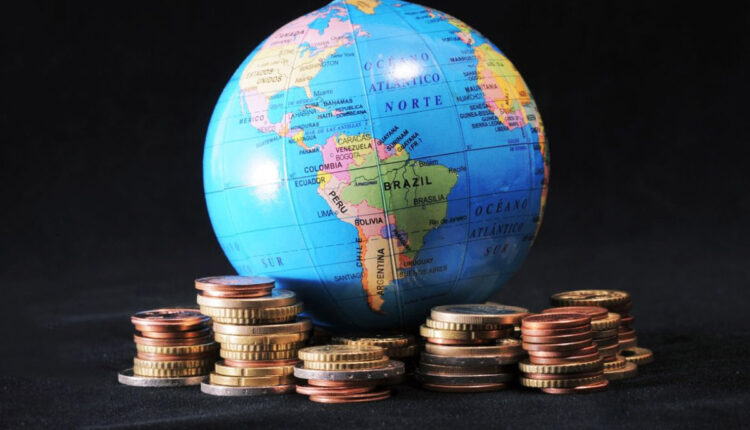Debt of Latin America and the Caribbean stands at 75.4 % of the region’s GDP
The head of the World Bank for the region assured that the average has grown by 15 points, despite the efforts that have been made to mitigate the crisis
The World Bank’s chief economist for Latin America and the Caribbean, William Maloney, highlighted that the average public debt in the region has increased by 15 points, to account for 75.4 % of the regional Gross Domestic Product (GDP).
“Efforts to mitigate the effects of the crisis led to sharp increases in spending, which led to higher deficits and public debt”, Maloney explained, adding that in a scenario where governments are forced to stimulate more dynamic, inclusive and environmentally friendly, countries “will have to reconsider how efficiently and how well they spend public resources.”
In this sense, the institution recommends that governments rethink spending priorities to benefit the health or education systems. Likewise, spending on research and development, which is currently half the level of middle-income countries, “can be used more efficiently by ensuring links between research centers and the private sector.”
Financial sector
Another recommendation of the World Bank in this regard is a greater number of public transfers and investment in infrastructure, since it could boost growth and reduce inequality.
In addition, it points out that the generation and consumption of energy can be made more sustainable from an environmental and fiscal point of view if subsidies are better targeted to vulnerable populations, since between 40 % and 60 % of subsidies to the electricity goes to the 20 % of the population with the highest income.
On the other hand, the World Bank is committed to reducing inefficiencies in public procurement and transfer programs, which currently represent an average loss of 4.4 % of GDP. The agency sees this initiative better than cutting public spending.
“In procurement alone, it is estimated that best practices that reduce corruption, reduce inefficiencies and increase competitive bidding can save up to 22 % of spending without changing existing procurement laws,” the agency remarks.
The multilateral institution indicates that there is enough space to expand taxes without significantly impacting growth. Specifically, the World Bank considers countries can increase taxes on property and to a lesser extent on income.
Other rates that the agency encourages to touch are those related to unhealthy goods and carbon emissions. In addition, they believe that the application of taxes should be improved in a region where tax evasion in corporate income tax is almost 50 %.
Source: dpa


